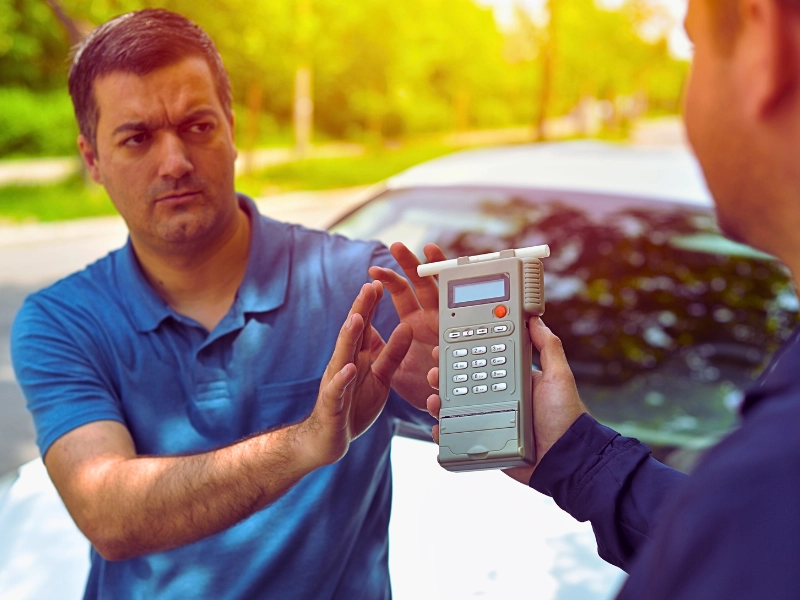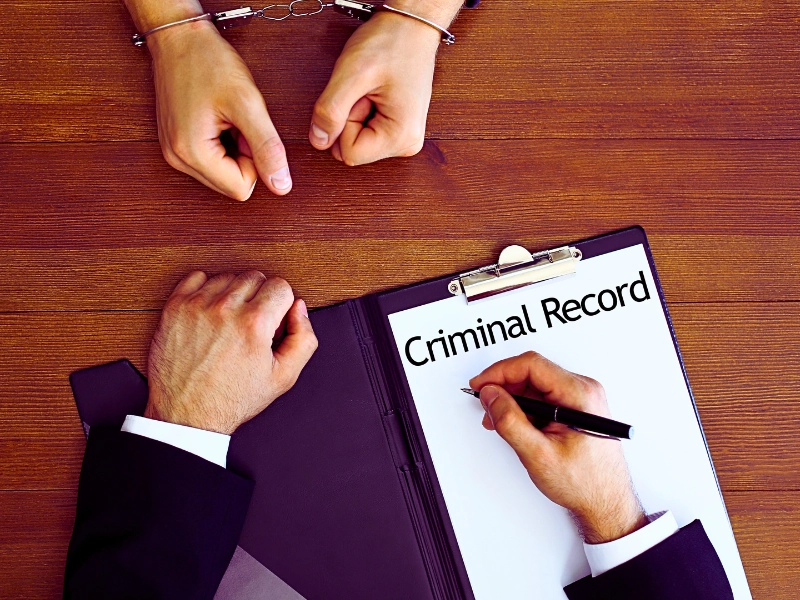Blog
Minnesota DWI laws apply to all types of motorized vehicles using the road. So, you may get arrested and charged with DWI while riding a scooter or E-bike if your blood alcohol concentration is 0.08 or more. The penalties for a DWI conviction may range from driver license suspension or revocation and fines to imprisonment. A conviction may also result in collateral consequences, including job loss and higher auto insurance premiums. A DWI lawyer can minimize the legal consequences or avoid them altogether. So, be sure to retain a lawyer immediately after you get arrested or charged for riding a scooter or e-bike while impaired.
People with prior convictions and facing new charges may wonder, “Can a criminal record impact new charges in Minnesota?” Having a criminal record can influence how the prosecution and court will handle your current charges. The court may deny your bail request or impose strict conditions. It may also impose harsh penalties. The prosecution, on the other hand, may be reluctant to give you a favorable plea deal if you have a prior conviction for a similar or related offense.
Bad Samaritan laws impose a duty to help victims of sex trafficking by notifying authorities or by direct intervention, or both.
Prosecutors in Minnesota use digital evidence in sex crime cases to connect suspects to crimes. They analyze the chronological order of online events and statements to show intent, motive, or premeditation. The common types of evidence used in sex crime investigations include direct, actual, and circumstantial evidence.
One of the questions DUI lawyers in the state often answer is: Can you be charged with a DUI if you’re sleeping in your car? You can face DUI charges in Minnesota even if you are not actively operating your car. The “physical control” law states that anyone with the capacity to drive a vehicle while intoxicated can get arrested and charged with DUI.
Prosecutors use text messages in Minnesota drug cases to prove circumstantial evidence. Text messages can prove intent or motive to distribute drugs. Knowing how your text messages may be used against you in a drug crime case can help you plan an effective defense strategy. That’s why you should involve a Minnesota drug crime attorney immediately after you get arrested, charged, or discover the police are investigating you for a drug crime. Your lawyer can carefully examine your text messages and determine the best way to counter the prosecution’s case.
Recently, a sex sting operation in Bloomington, Minnesota, led to the arrest of at least 14 men, including former Minnesota Senator Justin Eichorn. The operation involved undercover officers posing as minors online, engaging with individuals who sought to solicit sexual conduct.








